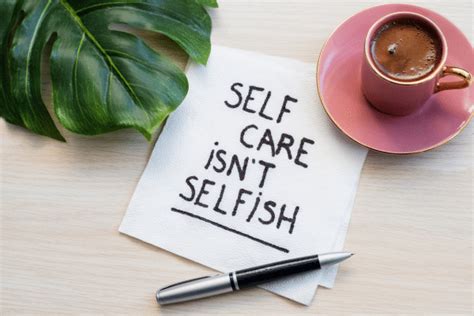Sexting and Self-Care: Prioritizing Your Well-being
Sexting, the sending of sexually explicit messages or images, has become increasingly prevalent in modern relationships. While it can be a fun and exciting way to explore intimacy, it's crucial to engage in it responsibly and prioritize your well-being. This article explores the potential risks and rewards of sexting and provides practical tips for ensuring self-care remains paramount.
What are the Potential Risks of Sexting?
Sexting carries several potential risks, including:
- Non-consensual sharing: One of the most significant risks is the possibility of your explicit content being shared without your consent. This can lead to emotional distress, reputational damage, and even legal repercussions.
- Emotional distress: Sexting can be emotionally risky if it's not reciprocated or if the recipient reacts negatively. Feeling pressured to send explicit content can also negatively impact mental health.
- Privacy concerns: Sharing intimate images or videos online carries significant privacy risks. Even if you trust the recipient, there’s always the possibility of hacking, data breaches, or unintended forwarding.
- Addiction and compulsion: Sexting can become addictive for some individuals, leading to compulsive behavior and potentially harming their relationships and overall well-being.
- Legal implications: Depending on your age and location, sexting can have legal consequences, particularly if it involves minors or non-consensual distribution of images.
How Can Sexting Be Positive?
While the risks are significant, it's also important to acknowledge that sexting can be a positive experience for many:
- Enhanced intimacy: For couples in healthy relationships, sexting can be a fun and exciting way to enhance intimacy and maintain connection, especially during periods of physical separation.
- Exploration and experimentation: Sexting can provide a safe space for couples to explore their sexuality and experiment with different forms of expression.
- Communication and connection: It can be a way to communicate desires and fantasies, fostering deeper understanding and connection between partners.
How Can I Practice Self-Care While Sexting?
Prioritizing self-care is crucial when engaging in sexting. Here are some key strategies:
- Consent is paramount: Only sext with partners who have explicitly and enthusiastically consented to it. Ensure consent is ongoing and can be revoked at any time. Pressure of any kind undermines consent.
- Set boundaries: Establish clear boundaries about what you're comfortable sharing and what you're not. Communicate these boundaries openly and honestly with your partner.
- Think before you send: Before sending any explicit content, take a moment to consider the potential risks and consequences. Is this something you’d be comfortable with being publicly shared?
- Protect your privacy: Use strong passwords, enable two-factor authentication, and be mindful of the security settings on your devices. Avoid sexting over unsecured Wi-Fi networks.
- Maintain emotional wellbeing: If sexting causes you anxiety or distress, take a break. Remember that it's perfectly okay to say no or to stop sexting at any time.
- Seek support: If you're struggling with sexting addiction or experiencing emotional distress, reach out to a trusted friend, family member, therapist, or counselor.
What if I've Shared Something I Regret?
If you've shared something you regret, there are steps you can take:
- Contact the recipient: Ask them to delete the image or message.
- Report to authorities: If the content was shared without your consent, report it to the appropriate authorities.
- Seek support: Talk to a trusted friend, family member, therapist, or counselor. They can offer support and guidance during this difficult time.
How Can I Talk to My Partner About Sexting Safely?
Open communication is key to a healthy sexting experience. Talk to your partner about your boundaries, comfort levels, and expectations. Discuss the potential risks and agree on strategies for keeping each other safe. A mutually respectful and understanding approach is vital.
Is Sexting Addiction a Real Thing?
Yes, sexting addiction is a genuine concern. Like other compulsive behaviors, it can lead to significant emotional and relational distress. If you feel you're spending an excessive amount of time sexting, neglecting other areas of your life, or experiencing negative consequences as a result, seeking professional help is crucial.
What Legal Ramifications Could I Face from Sexting?
The legal ramifications of sexting vary significantly depending on location, age, and the circumstances surrounding the activity. Sharing explicit images of minors is illegal and carries severe penalties. Non-consensual distribution of intimate images is also illegal in many jurisdictions. It's important to be aware of the laws in your area.
By prioritizing self-care and engaging in responsible sexting practices, you can enjoy the potential benefits while minimizing the risks. Remember, consent, communication, and boundaries are paramount. If you have concerns, don't hesitate to seek professional support.

